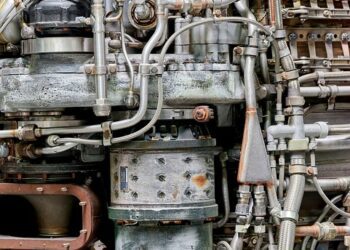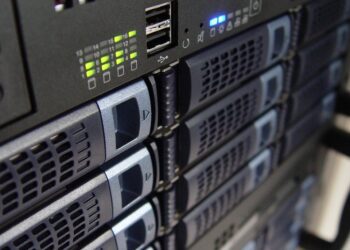The Future of Automation: How Robotics is Revolutionizing Industries
Automation has been a game changer in various industries, streamlining processes, increasing efficiency, and reducing human error. However, with the rapid advancements in artificial intelligence and robotics technology, the future of automation promises to revolutionize industries in ways we have never seen before.
Robots have already made their mark in industries such as manufacturing and logistics, where they have been used to perform repetitive tasks with precision and speed. But as technology continues to evolve, robots are becoming increasingly sophisticated, capable of taking on more complex tasks that were once thought to be exclusive to humans.
In the healthcare industry, robots are being used to assist in surgeries, deliver medicines to patients, and even provide emotional support to those in need. These robots are not only improving the quality of patient care but also reducing the workload on healthcare professionals, allowing them to focus on more critical tasks.
In agriculture, robots are transforming the way crops are grown and harvested, with autonomous tractors, drones, and robotic pickers being used to increase efficiency and reduce the need for manual labor. This not only saves time and money for farmers but also helps address the growing demand for food as the global population continues to rise.
The rise of automation in industries such as retail, hospitality, and transportation is also changing the way businesses operate. Self-checkout kiosks, automated warehouses, and driverless cars are just a few examples of how robots are reshaping these industries, making processes more efficient and cost-effective.
However, as robots become more prevalent in the workforce, there are concerns about the impact on jobs and the economy. While it is true that some jobs may be displaced by automation, new roles will also be created to support and maintain these technologies. Companies will need skilled workers who can design, program, and oversee robots, creating opportunities for job growth in new and emerging fields.
The future of automation is bright, with robots playing a crucial role in driving innovation and growth across industries. As technology continues to advance, businesses will need to adapt and embrace automation to stay competitive in an increasingly digital world.
In conclusion, the future of automation holds tremendous potential for revolutionizing industries and improving the way we live and work. By harnessing the power of robotics and artificial intelligence, businesses can unlock new opportunities for growth, efficiency, and innovation in a rapidly evolving global economy.








